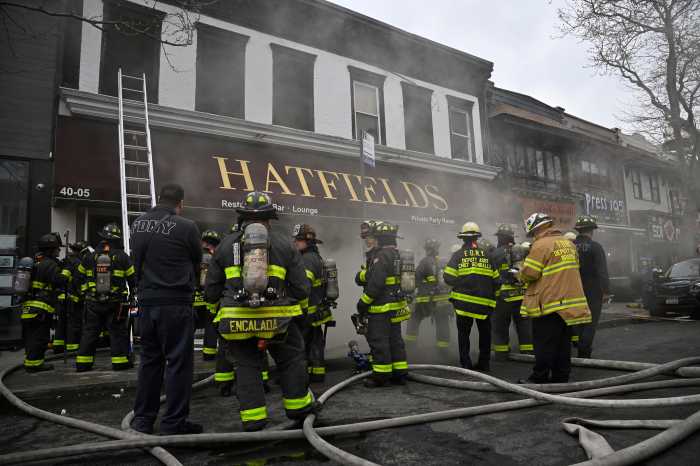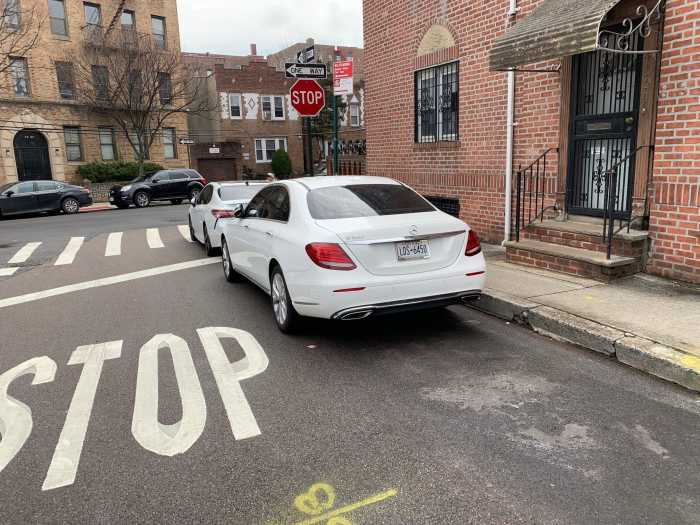Still reeling from the aftermath of Hurricane Dorian last month, The Bahamas has begun to take a hard line against immigrants in devastated areas with cabinet ministers urging workers operating there even legally to go home until living conditions improve.
Under pressure to deliver acceptable living conditions in Abaco and Grand Bahama islands, the two hardest hit areas, authorities this week suggested that migrant workers who have lost their jobs because of the storm “need to go home” for the while. If they remain, employers must be able to show that acceptable living conditions exist or their right to remain will be denied Attorney General Carl Bethel said.
Officials fear that too many may become dependent on a system that is already struggling to provide housing and other forms of relief to locals, most of whom lost everything when one of the most powerful Atlantic storms on record stalled itself over Abaco and Grand Bahama for more than a day, leveling the islands, Abaco in particular. Officials have recovered close to 60 bodies amid fears that the death toll will rise as clean up efforts intensify.
The administration of Prime Minister Hubert Minnis put out a statement at the start of the week noting that “the applicant for a new work permit, or the renewal of an existing work permit, by a prospective employer of a non-Bahamian worker, will be required to satisfy immigration officials that satisfactory living accommodations have been arranged by that employer on behalf of the prospective worker, and that the said worker will not become a charge on the state or be permitted to live in sub-standard housing,” the statement noted. It also threatened arrest, criminal charges, detention and deportation” of persons contravening these rules.
The latest missive from government seems to signal a hardening of positions against some categories of immigrants. The island had already been battling with an exponential population growth thanks mostly to thousands of Haitian boat people who have washed up on their shores over the decades. Immigrants are thought to account for up to a third of the Bahamiam population. The other category there include teachers and other professionals from the Caribbean and those in the service sector.
As the new set of rules go out, Deputy Prime Minister, Peter Turnquest appeared to take the role of “good cop”, suggesting that cabinet should be “very sensitive” in dealing with immigrants, undocumented ones especially. This is as calls for mass deportation increase and as officials grappled with the relief efforts post Dorian.
“We have to handle the matter with sensitivity because there has unfortunately been so much social media misinformation and sensationalism that has gone out that it has raised the ire of the Bahamian community. Unfortunately, sometimes we make some statements in anger that may have an incorrect impression on who we are as a people and our concern about these people as humans. We have to ensure that the international community understands our response, understands that we are responsible members of the global community and we appreciate our obligation to ensure that human rights are respected in all the things that we do in managing this situation that we have.”
He argued that cabinet does not want the international community to get the wrong impression about The Bahamas and its attitude towards immigrants, noting that authorities will still have to be “resolute with respect to illegal immigration.
Haitian shanty towns in Abaco were among the hardest hit. Predictions that the death toll will rise exponentially are predicated on the belief that bodies lie under tons of upturned rubble in those areas. Minister of Immigration, Elsworth Johnson has said that it makes little sense for the undocumented to believe that being in a government shelter would immunize them from arrest and deportation as shelters will not be used “to circumvent the law.”
The Bahamas’ neighbors and the international community have rushed to assist the archipelago in its more dire hour of need, sending human and material relief in the aftermath of the storm.























